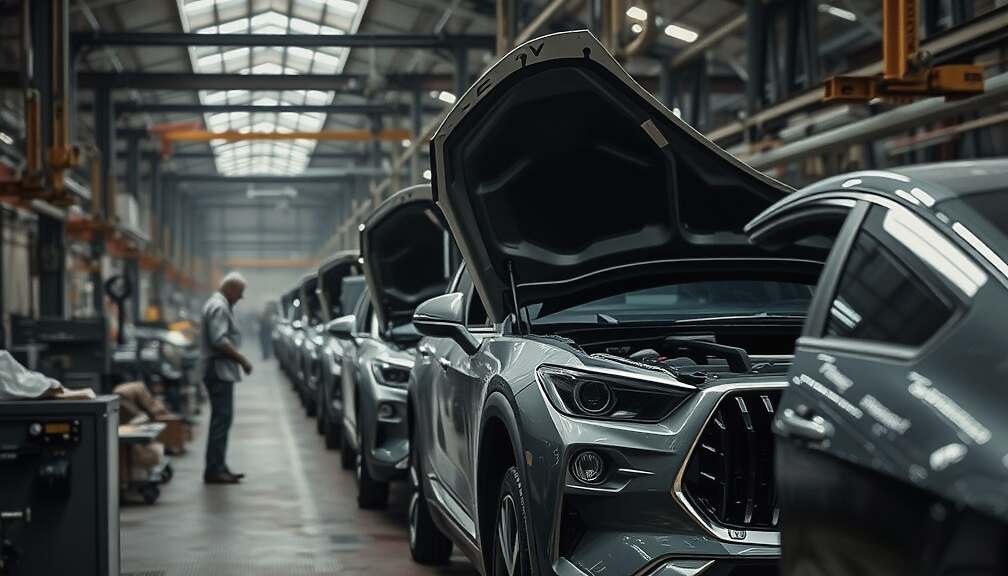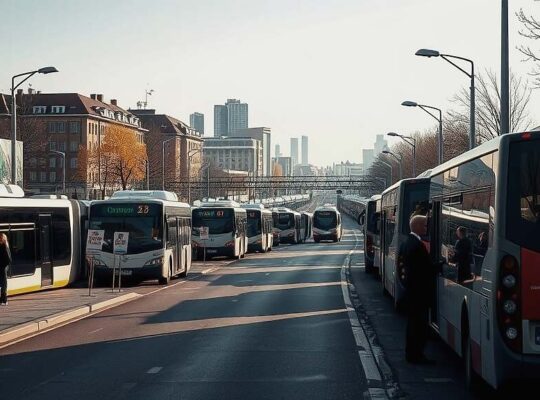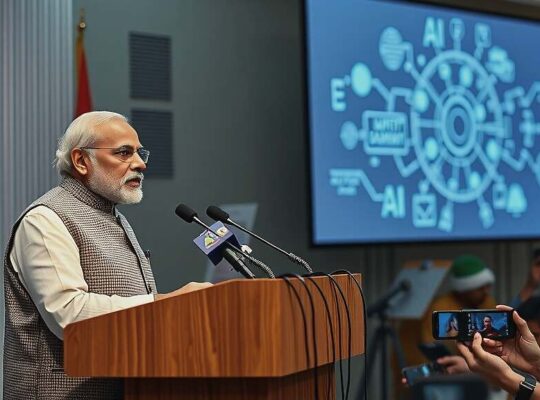The German Finance Minister, Lars Klingbeil, has signaled a potential shift in the government’s stance on the European Union’s planned ban on internal combustion engine (ICE) vehicles, sparking debate and raising concerns about Germany’s commitment to climate targets. Speaking ahead of critical coalition talks and an automotive summit at the Chancellery, Klingbeil expressed openness to delaying the ban on certain hybrid models, specifically plug-in hybrids and range extenders, beyond the current 2035 deadline. However, this concession is explicitly conditional – it hinges on guarantees from automotive manufacturers to safeguard jobs and uphold existing climate goals.
The proposal highlights the complex political pressures facing Germany as it navigates the transition to electric mobility. While affirming the ultimate goal of a fully electric automotive sector, Klingbeil emphasized the necessity of pragmatic solutions to prevent widespread job losses within the German automotive and steel industries, industries vital to the national economy.
“We need to allow for more technological flexibility” Klingbeil stated, indicating a willingness to explore alternative pathways to decarbonization. Crucially, he attached a condition of investment guarantees and location commitments from the auto industry to any relaxation of the current 2035 deadline. “I expect companies to make commitments regarding investments and securing locations in Germany.
Beyond the combustion engine debate, Klingbeil proposed a further measure aimed at bolstering domestic industries: accounting for the carbon footprint of climate-neutral steel produced within Europe and used in automobile manufacturing. This measure is presented as a dual benefit – supporting both the automotive sector and the struggling European steel industry.
Klingbeil’s statements resonate with a growing sentiment within Germany advocating for what he described as “healthy European patriotism” and practical solutions to maintain the nation’s industrial competitiveness. The continued exemption of electric vehicles from car taxes underscores the government’s commitment to accelerating their adoption. However, Klingbeil’s candid warning – that he doesn’t want “only Chinese cars” dominating German roads – has been interpreted by some as a reflection of deepening anxieties about the potential decline of German automotive expertise and a tacit acknowledgement of the competitive threat posed by China’s rapidly advancing electric vehicle market. The debate highlights a precarious balancing act between environmental ambition, economic security and the preservation of Germany’s position as a global automotive leader.












